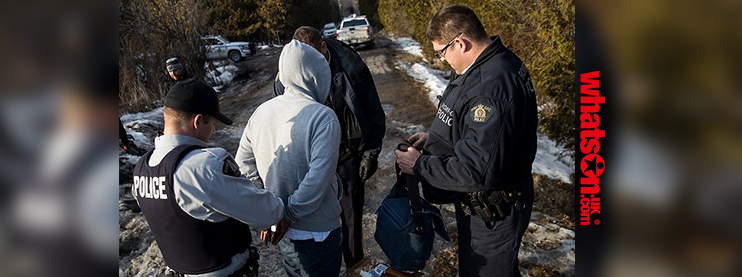Canadian Immigration officials has been collecting migrants DNA and using ancestry websites to find and contact their distant relatives and establish their nationality.
The agency has not kept statistics on how often the tools had been applied, but they were being used on those who run afoul of the country’s immigration laws and when other avenues of investigation have been exhausted.
The Canada Border Services Agency (CBSA) says it does so only in extreme cases such as that of a man who claimed to be Guinean but was turned back from that country after Canada tried to deport him.
“DNA testing assists the CBSA in determining identity by providing indicators of nationality thereby enabling us to focus further lines of investigation on particular countries,” said CBSA spokesman Jayden Robertson.
More than 30,000 would-be refugees have crossed the U.S.-Canada border since January 2017, many saying they were fleeing U.S. President Donald Trump’s immigration policies.
The agency said it had obtained consent from the migrants before their information was submitted to the sites but declined to offer more details.
Prime Minister Justin Trudeau’s government has vowed to find alternatives to the indefinite incarceration of noncitizens, who can be held without being charged if they are deemed a flight risk, a danger to the public or if their identity is unclear, according to Canada’s regulations.
FamilyTreeDNA said in a statement to Reuters that it had “no knowledge of Canadian law enforcement or its border agency using the FTDNA platform for the purpose of gathering migrant DNA to determine nationality”.
> Shatabdi Sarker Poushi













